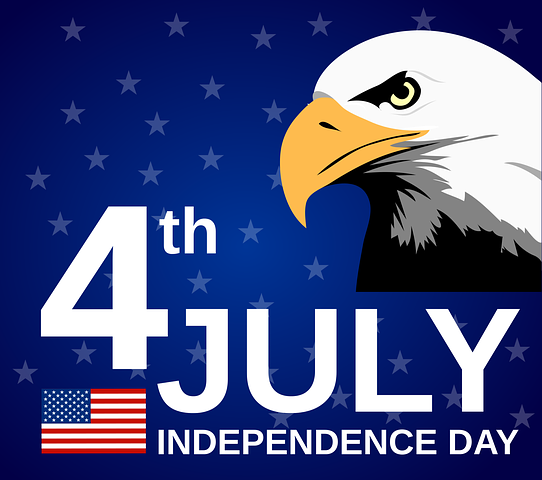
4th of July is the day America celebrates its birthday and independence from the tyranny of King George III of Britain
It had been for almost 150 years the English colonists lived along the Atlantic coast. Then small numbers of colonists began to move across the Appalachian Mountains into the Ohio valley.
Throwback to the year 1763 was an eventful one for the colonies. The new king George III wanted to control the American colonies more closely. So he announced the proclamation line which prevented colonists from settling west of the Appalachian Mountains. King George did not want colonists moving west and taking Indian lands. He wanted this region preserved for the fur trade. The colonist thought the British had no right to stop them from moving west. After all, they had just helped drive France from these very lands.
The French and Indian war had been costly. England needed money to pay its war debt. The government thought the colonists should pay part of the cost of the war. So the government passed a number of tax laws for the colonies.
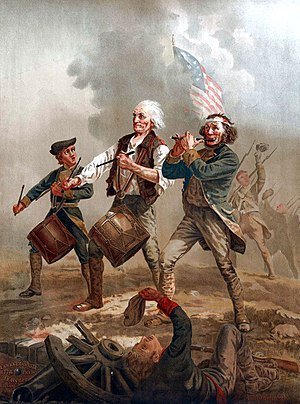
The British government passed the Sugar act in 1764. This act, or law, placed a tax on sugar and some other goods that came from Great Britain. The colonists were troubled. So many Acts were passed too like the Stamp Act, Townshend Act, Tea Act, there were many protesters, and the goods brought by Britain merchants were not bought, Because of this British troops were sent to Boston, and a fight broke out in March 1770, people were killed by shots fired into the crowd.
Speechmakers called the event the Boston Massacre.
Yet, the British passed the Tea Act which, they were later outraged by the Boston Tea party. It closed the port of Boston as punishment and sent a British General to rule Massachusetts. Other colonies spread, the colonies united against the British rule. The word independence was now been heard.
The congress of the colonist wrote a letter to King George. They asked “For him to open the port at Boston, they also asked for him to allow them to choose their own taxes.”
In England, George III refused to do what the colonists were asking.
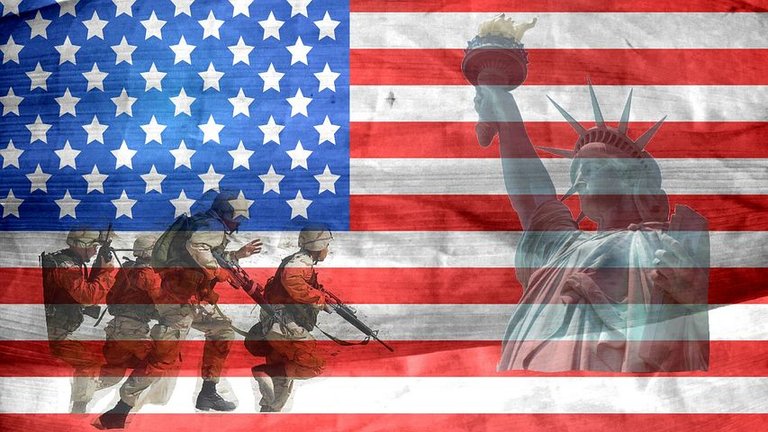
During the time things in Boston were growing worse. British soldiers were stationed in the city. British warships lay in the harbour, Samuel Adams, John Hancock, and other colonial leaders encouraged the people of Boston not to give up hope.. not all hope was lost.
BRITISH AND COLONIST FIGHTING AT LEXINGTON AND CONCORD
In April 1775, General Gage, the British commander, heard that the colonists had stored gun powder at lexinghton and concord Massachusetts. He declared he would hang the leaders of the colonist, burn their arms and declared them rebels. Patriots in Boston found out of Gage’s plan and told everyone and they fled Lexington during the night, but a little band of minutemen waited to fight against the British soldiers, they were outnumbered and they began to withdraw, the fight extended to concord where the minutemen had upper hands and the British retreated.
On the morning of June 16, 1775 General Gage has an unpleasant surprise. Overnight patriot troops had taken possession of a hill near Boston. The colonist lost the hill, but the battle proved that they had a chance to win against the British army. They needed training, arms, ammunition, and a good leader.
WASHINGTON AS COMMANDER OF THE ARMY
.jpg)
There were two important news reached the 2nd Continental Congress in Philadelphia.
Ethan Allen’s troops had captured the British fort in New York.
The Patriot troops had fought well at Bunker Hill.
The leaders from Boston decided that a commander was needed for the army.
George Washington had been an able leader in the French and Indian war. Congress made him commander in chief of the army.
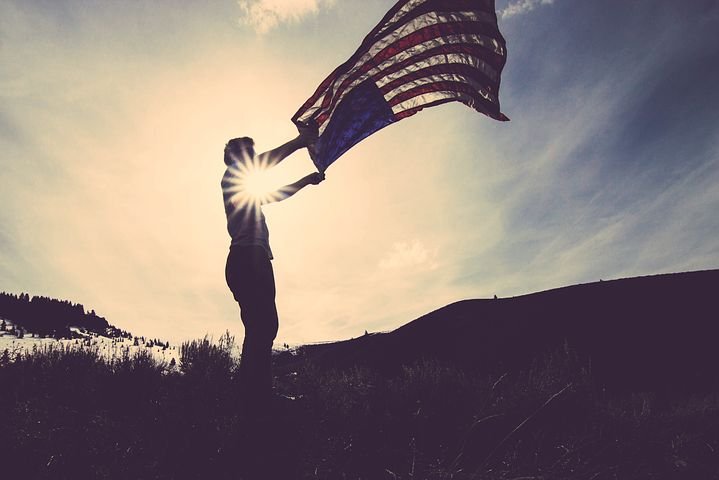
Hence, a committee of five was chosen to write a paper declaring American Independence. Young Thomas Jefferson wrote most of the declaration.
On July 4, 1776, the Declaration of Independence was adopted by the Congress. A few days later, colonists heard the declaration. They celebrated the birth of a new nation, the United States Of America.
No longer was the war only for rights of the colonists. Now it became the War for Independence. The War is sometimes called the Revolutionary War since the colonists revolted against the king.
George Washington’s army lacked everything an army needs, the cannon, guns, and ammunitions. For 2 months America retreated, later Americans captured Trenton from the British.
Battle of Saratoga
One bit of good news gave General Washington courage to bear the hard days at Valley Forge. He heard that the Americans had won the battle at Saratoga. It gave the Americans confidence.
Congress sent Benjamin Franklin to France to ask for help. When the French king heard of the victory at Saratoga, he decided to send an army and ships to America.
The Winning Of The Northwest
The war spread to colonies west of the Appalachians in the Northwest Territory. This huge area stretched from the Ohio River north to the Great lakes and west of Mississippi.
General Washington sent General Greene to help the southern patriots. Green had few soldiers, so Greene decided to make Cornwallis chase him.
Again and again Greene led the American army close to the British camp. Cornwallis would prepare for battle, only to find the Americans gone. When the British commander realized that he had been tricked, he was miles away from the coast where his ships lay. He hurried north to attack Virginia..... funny right?
Hence, General Greene’s plan had worked. In 3 months he had taken part of Georgia and most of South Carolina from the British army.
Lafayette was in charge of the American forces in Virginia. Like Greene, Lafayette planned to wear down Cornwallis’s army. After chasing Lafayette all through Virginia, Cornwallis settled down at Yorktown. He waited for help from New York.
Lafayette’s troops surrounded Yorktown. The French, not the British, fleet sailed into Chesapeake Bay. Washington marched American soldiers from New York to Virginia. They took their position north of Yorktown. The British troops were trapped on the peninsula.
The Americans and the French began firing on Yorktown on October 9th 1781. Day after day the British defences crumbled under the cannon fire. Their ammunition began to run low he realized he was beaten.
October 19, 1781, General Cornwallis surrendered to General Washington. With France’s help, the thirteen colonies had defeated powerful Great Britain.
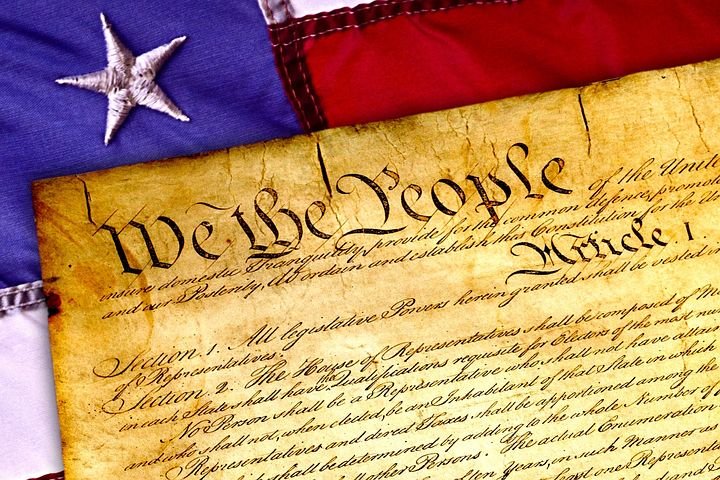
MY CANDID VIEW ON WHAT JULY 4TH MEANS TO ME
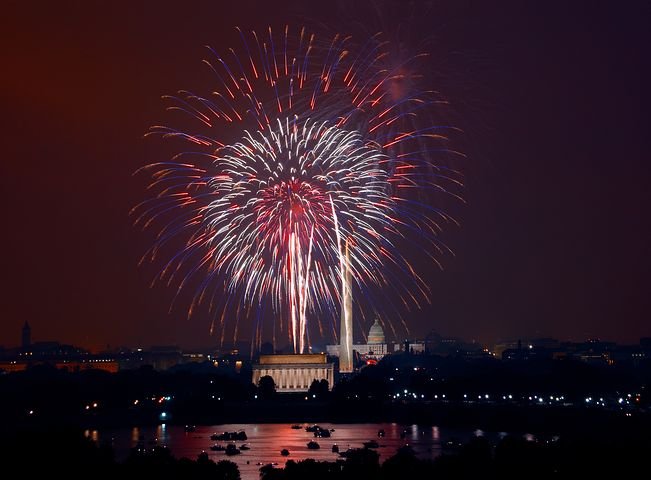
Yes, despite our past history in the 1700-1800s, the U.S/UK relationship is entirely different today and is very important to both nations. Now, the UK is one of the few countries in the world that I actually trust as a reliable ally of the United States. I don’t hate the British for 1776; I am merely proud of our people for rebelling against a powerful nation and finding a way to win, which is commendable.
In great sense, the 4th of July is about remembering what it means to be American, in the way that Americans devote more individual thought to their national identity than almost anyone else, for better or worse not nursing a 250 year grudge, which doesn’t help in any way.
It is pertinent that July 4th isn't about the British, it is about America, and the distance we have come as a people since we could first call ourselves a distinct, united nation.
FAMILY TIME ON 4th JULY
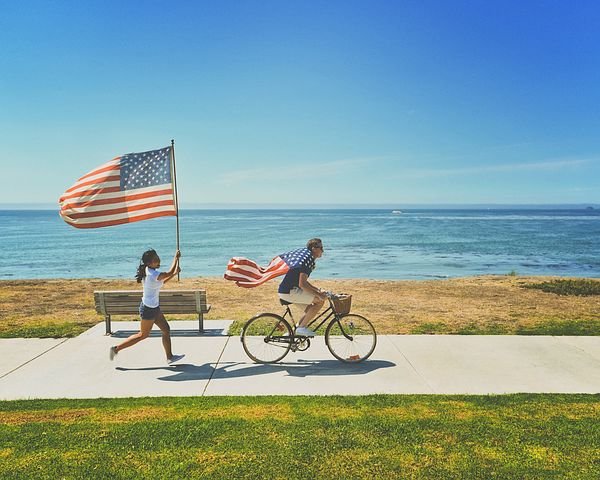
4th July for my family and me is a beloved holiday from childhood that falls in the middle of the summer, and means we got to either go to a nice park at night and eat hot dogs and potato salad that may or may not have made us ill from being in the heat all day, or climb up on the roof to watch fireworks, lightenings all around the city.
Yea, it is a day for hopping around in your bare feet to avoid those other snapping caps that left third degree burns, because our parents were trying to kill us with dangerous fireworks and playground equipment and bad mayonnaise so they could go to Paris with the money they’d save if we weren’t around anymore.
Of all the different cultures that make up America, the most important, profound and fundamental is the English culture. Yes, we fought a war to be independent. I see it like this: the inevitable moment when a strong willed teen decided it was time to leave home, amid much acrimony, leaves yet there is always a connection to family.
Many aren’t aware how much American culture, structure, articles of faith, laws and constitution let alone language are drawn from England. We are different from England, yet there are obvious clues of a historical connection and ties held with them.

"The War is sometimes called the Revolutionary War since the colonists revolted against the king."
The truth is and has been for thousands of years, is that the established have been rebelling against the will of the people for a very long time. Thus in all cases it is always the establishment that is in rebellion.
A nice recap on the history should include the facts about who owned the crown of Britain and France at the time. That would be the Vatican, which no one knew at the time. Thus in fact the Principal had one hand holding a Gun to the heads of a nation and the other hand holding a loan. Basic contract law recognizes such a situation is not a contract. Thus We The People never owed for the so called loan from France. Once a fraud always a fraud.
I really enjoyed reading your post. Really nice post.
yeah.. it was really a revolutionary war.. Thanks for stopping by
Relevance: Informationwar writing contest.Curated for #informationwar (by @wakeupnd)
Our purpose is to encourage posts discussing Information War, Propaganda, Disinformation and other false narratives. We currently have over 7,500 Steem Power and 20+ people following the curation trail to support our mission.
Join our discord and chat with 200+ fellow Informationwar Activists.
Connect with fellow Informationwar writers in our Roll Call! InformationWar - Contributing Writers/Supporters: Roll Call Pt 8
Ways you can help the @informationwar